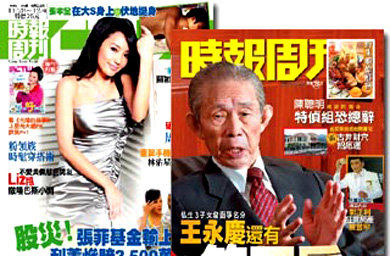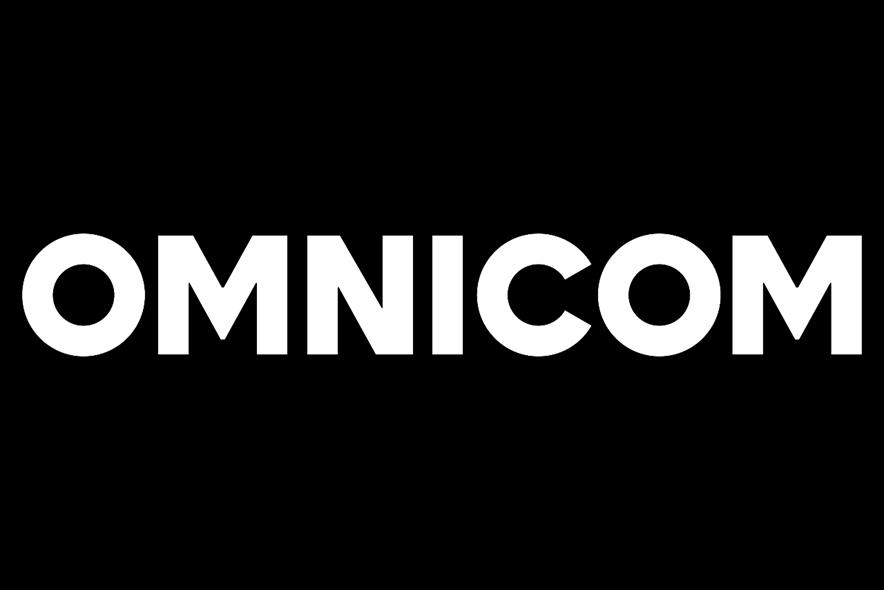The question is, will Tsai’s purchase of CTG’s assets turn into an expensive hobby? Exactly what Tsai is buying is unclear, but it almost certainly includes the ailing flagship China Times, the daily Commercial Times and China Times Weekly as well as terrestrial Chinese Television Company (CTV) and cable channel CTi.
There are more questions, such as whether the reported price tag represents an over-valuation, and whether it includes the costs of layoffs. What is clear, though, is that CTG’s print empire needs rescue. Once the most profitable paper it Taiwan, China Times’ circulation is now only 100,000. It is behind United Daily News (110,000), The Liberty Times (700,000) and Apple Daily (500,000). China Times has halved its staff numbers and cut its page count.
ZenithOptimedia Taiwan forecasts that the island’s newspaper adspend, worth NT$13.1 billion last year, will decline to NT$11.8 billion by 2010. The consensus among Taipei media agencies is that Taiwan can support only two or perhaps three major dailies.
From a purely business perspective, then, China Times is a risky investment. YC Chu, GM of Carat Media Taiwan, and Robert Hsieh, CEO of ZenithOptimedia Taiwan, believe that initially Tsai will take a hands-on management approach and pour money into China Times. But if China Times and Commercial Times remain unprofitable, Hsieh believes Tsai will close them.
Why would Tsai take on such a burden? “This isn’t the first time that Tsai has shown an interest in the media,” says Carat’s Chu. He bid unsuccessfully for terrestrial giant TTV when it changed hands. Tsai’s interest in TV suggests the CTG deal is as much about its terrestrial CTV as it is about China Times. There is also a political angle to the purchase. “The decision to run a media group is not necessarily a business consideration in Chinese society,” says Hsieh. “The value is the voice of influence, especially for media with news channels. That is of more value than business profit.”
Viewed through a political lens, and considering the protracted contest between political parties KMT and the DPP over control of the island’s media, the deal makes perfect sense. Up to December 2005, KMT held a stake in CTV, but was forced to sell it to CTG by the DPP-led Government. The China Times has always been pro-KMT, and Tsai is a KMT member.
Given that the alternative suitor for CTG was Next Media’s Jimmy Lai, Tsai probably represents a safe pair of hands for Taiwan’s political establishment.
Got a view?
Email feedback@media.asia











